|
|
|
|
Sometimes, what a head of state doesn’t say is as significant as what they do say. When French president Emmanuel Macron refused earlier this week to rule out sending Nato troops into Ukraine, he was potentially opening a new chapter in world history.
Nato currently only trains Ukrainian troops and provides them with weapons. It doesn’t engage in direct combat with Russia — and deciding to do so would amount to a rubicon crossed. Macron’s willingness to even open the discussion on changing gear poses two interesting questions: are Nato troops prepared for such a step and are the leaders of other Nato countries on the same page as Macron? Answers to those two questions here.
We don’t yet know what caused the devastating fire that destroyed two apartment blocks and killed at least ten people in Valencia last week, but, understandably, investigations are zoning in on the materials used to construct the buildings. “Innovative” cladding was a key factor in the unspeakable tragedy that unfolded in London in 2017 when Grenfell Tower was engulfed in flames. Even if the Valencia disaster doesn’t come down to cladding specifically, this eye-opening article is a wake-up call on how difficult it is for fire safety regulations to keep pace with all the new materials, processes and technologies emerging in the
construction industry.
And in a world struggling with drought, we may soon need to rethink our general aversion to the idea of drinking recycled water. Researchers are already preparing for that time by finding out what makes a person more or less likely to be willing to gulp down what was once someone else’s shower. That way they might help convince us to take the plunge in the name of environmental responsibility.
|

|
Laura Hood
Senior Politics Editor, Assistant Editor, The Conversation UK
|
|
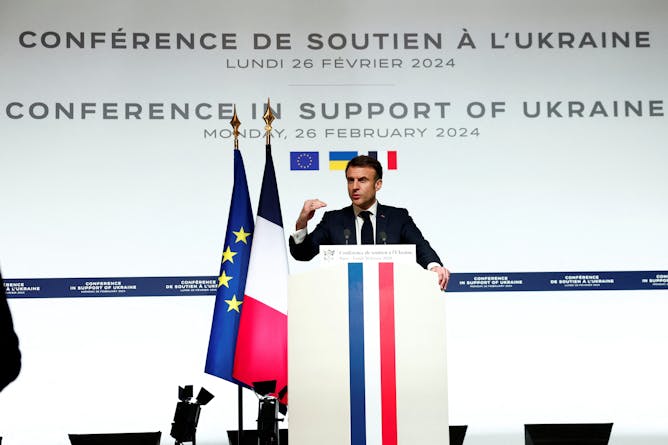
Kenton White, University of Reading
Sending ground troops to Ukraine could provoke a wider and vastly more dangerous war with Russia,
|
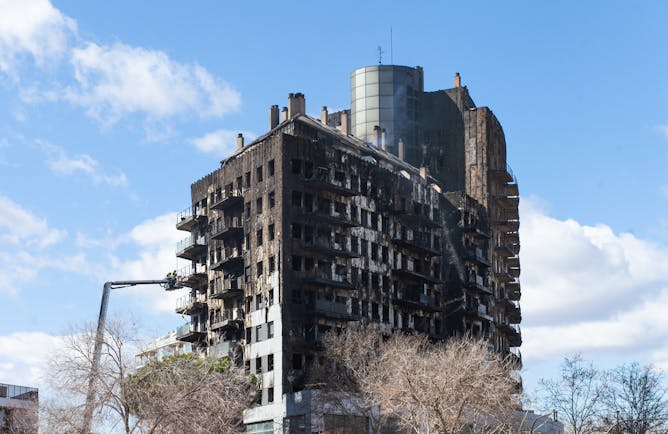
César Martín-Gómez, Universidad de Navarra; Mohd Zahirasri Bin Mohd Tohir, Universidad de Navarra
Following the tragic, devastating apartment block fire in Eastern Spain, questions are being asked about fire safety, and how it can keep pace with new technology and construction techniques.
|

Sergio Vila Tojo, Universidade de Santiago de Compostela
Recycled waste water is perfectly safe to drink, but many people aren’t keen to use it for anything other than watering plants.
|
|
|
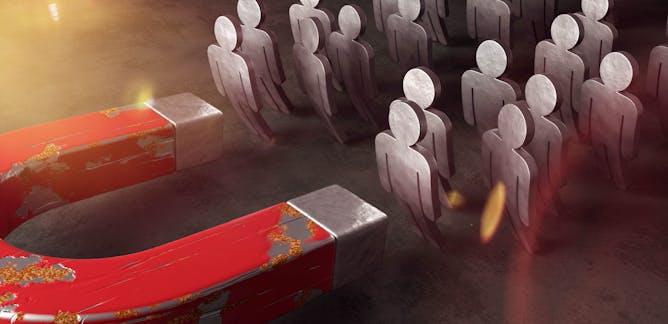
Aurelien Mondon, University of Bath; Alex Yates, University of Bath
Extremists benefit when we use euphemisms that confer on them an air of legitimacy.
| |

Yaëlle Amsallem, ESCP Business School; Emmanuelle Léon, ESCP Business School
Working better or working less? Yaëlle Amsallem and Emmanuelle Léon explain how the four-day week raises questions about the meaning we give to work.
|
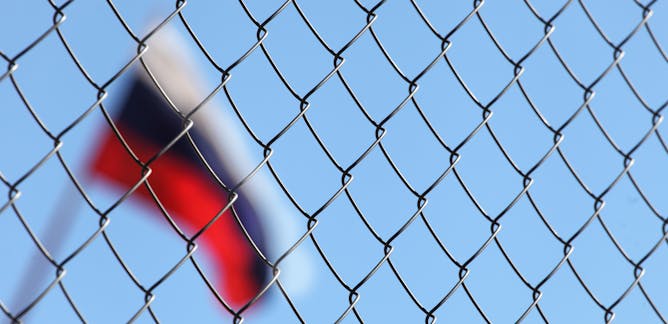
Vincenzo Bove, University of Warwick; Jessica Di Salvatore, University of Warwick; Roberto Nisticò, University of Naples Federico II
The effects on other countries can be both negative and positive.
| |
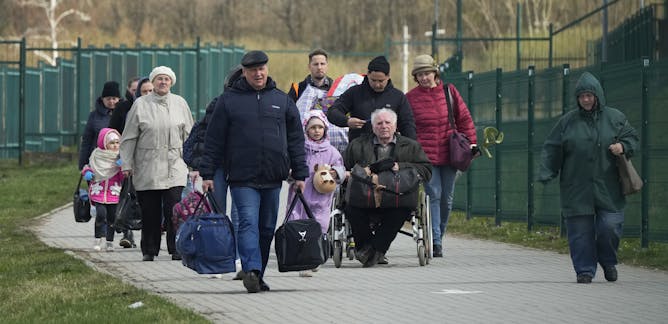
Kate Golebiowska, Charles Darwin University; Marta Pachocka, Warsaw School of Economics; Sabina Kubiciel-Lodzińska, Opole University of Technology
Polish public support for resettling Ukrainian refugees has slipped in recent months, while many new arrivals have had difficulty finding work that aligns with their qualifications.
|
|
|
|
|
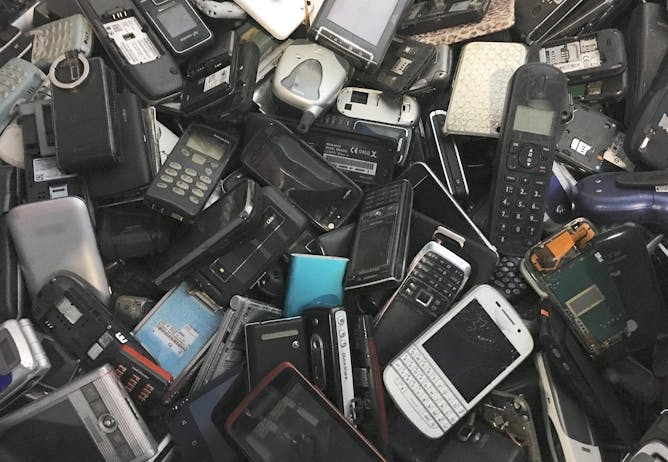
Fanny Verrax, EM Lyon Business School
Mining precious metals is expensive and environmentally destructive. As an alternative, researchers are increasingly eyeing recycling old smartphones, computers and other electronics.
|
|
|
-
Oscar Rueda, Leiden University; Laura Scherer, Leiden University
‘Beccs’ faces lots of problems. A global switch away from meat could help address them.
|
|
| |
| |
| |
| |
|
|
|
|
|
|
|